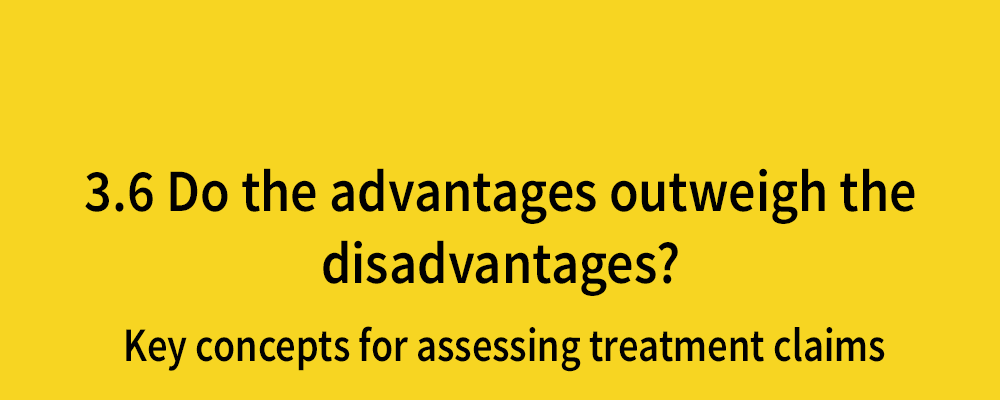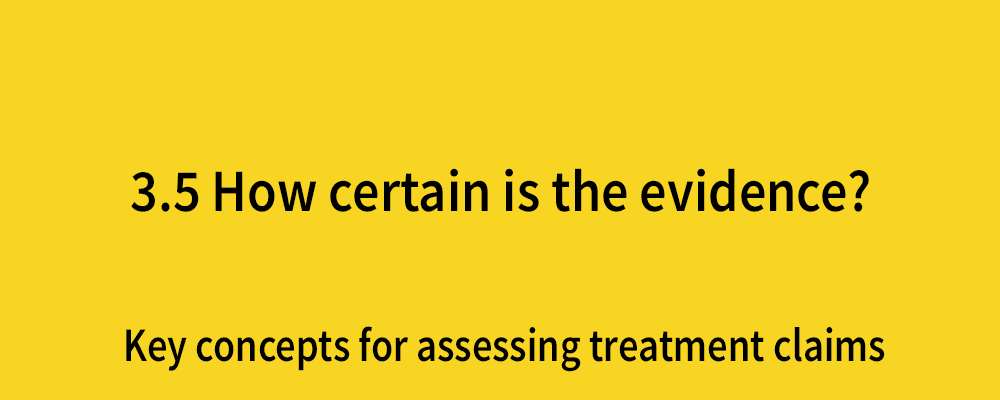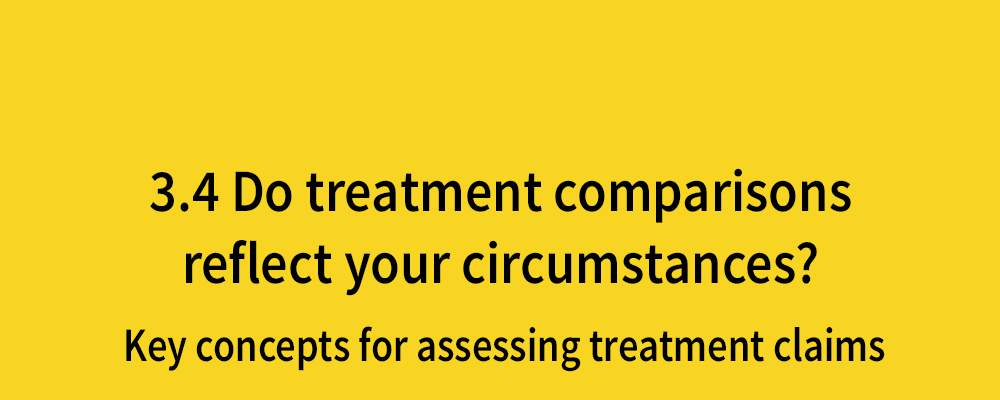Earlier is not necessarily better
Posted on 21st July 2017 by Ed Walsh

This is the ninth blog in a series of 36 blogs based on a list of ‘Key Concepts’ developed by an Informed Health Choices project team. Each blog will explain one Key Concept that we need to understand to be able to assess treatment claims.
It’s intuitive to think that the earlier you detect a health problem, the better. Screening programmes are put in place for exactly that purpose – to detect health problems that have not yet been manifested in symptoms. Sometimes screening is useful, for example, to detect and treat symptomless raised blood pressure to prevent cardiovascular disease. However, screening sometimes does more harm than good. Let’s look at some examples.
When screening is beneficial

Phenylketonuria (PKU for short) is a rare inherited disorder (1). Children with PKU are unable to break down a phenylalanine, a substance in foods like milk, meat and eggs. Without early treatment, children with PKU can develop serious brain damage, recurrent vomiting and tremors. Fortunately, in the UK babies are offered routine blood screening at 5 days of age (2). A few drops of blood are taken from the baby’s heel, and the blood is used to test for nine rare, serious but treatable conditions, including PKU. With early diagnosis and the correct treatment, most children are able to live healthy lives.
When screening can be harmful
Prostate cancer is the most common cancer affecting men in the UK (3). Whilst it can be very serious and spread quickly to other parts of the body, more often it develops slowly and may never pose a danger to health during a man’s life [4]. Treatment for prostate cancer tends to be unpleasant and can result in incontinence and impotence. Like PKU, blood tests are used to screen for prostate cancer. However, unlike PKU blood screening for prostate cancer is unreliable.
When a blood sample is taken from men, the levels of Protein Specific Antigen (PSA) in their blood is assessed. A high level of PSA can be a sign of cancer. However, as many as one in five people who actually have prostate cancer will not test positive when they are screened, so these individuals would be missed by the screening (4).
Furthermore, over-the-counter medication, infection, and non-cancerous prostate tumours can cause people to have high blood levels of PSA. They would therefore screen positively for prostate cancer when they are in fact perfectly healthy. These individuals would be led to believe that they have cancer. This can be a cause of great distress for the individual.
Research into prostate cancer screening found that the current test for a specific substance in the blood is not able to rule in and rule out prostate cancer with enough certainty (5). This uncertainty clearly poses problems. Screening should give people an indication of their health and allow them to react accordingly, not untrustworthy results of an inaccurate screening test.
When should we screen?
- When there is an effective treatment available for the illness for which we are screening
- When early detection provides benefit (i.e. people who are treated before the disease becomes apparent must do better than people who are treated after the disease becomes apparent).
AND
- When screening is sufficiently accurate that over-diagnosis and under-diagnosis are rare.
If early detection won’t improve your health then there is no point in screening. Screening with uncertain results is often worse than no screening at all, since it can cause great anxiety as well as leading some people to have treatment with side effects when none was required. It can lead others to believe that they are healthy when, in reality, they are not. Early detection of disease done correctly can be very useful, but early detection of disease is not necessarily better.
We shouldn’t assume that early detection of a health problem is worthwhile unless this has been demonstrated to be the case. We need to consider the evidence. To determine whether early detection of a disease leads to better outcomes, we should look at fair comparisons of people who were screened with people who were not screened.





No Comments on Earlier is not necessarily better
Thank you, Ed, you have highlighted some really important issues. For those of you who are interested in all the factors that are considered before a new screening programme is introduced in England, please see Public Health England’s ‘Criteria for appraising the viability, effectiveness and appropriateness of a screening programme’ https://www.gov.uk/government/publications/evidence-review-criteria-national-screening-programmes/criteria-for-appraising-the-viability-effectiveness-and-appropriateness-of-a-screening-programme
24th July 2017 at 10:18 amHi Emma, thanks for that link, a very informative look at the factors considered for screening programmes!
27th July 2017 at 1:33 pm